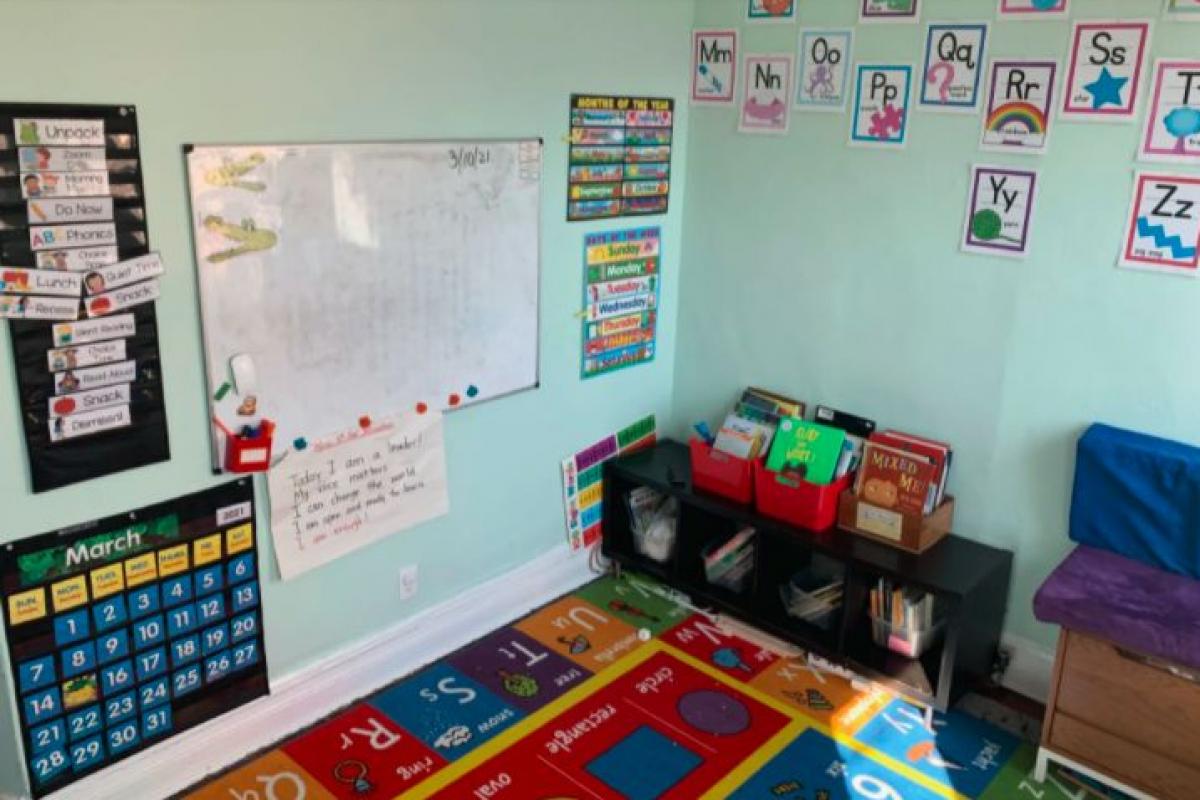Unité 2 | Ressource Texte

Learning Pods are Here to Stay
An article from The New Yorker about learning pods, a new way to teach.
The time will come, as we sift through1 the wreckage2, to determine which pandemic-era conventions to throw in the trash and which ones to keep. Some calls are easier to make than others: Zoom meetings are clearly here to stay. Masks will hopefully make the “out” column. But what about pandemic learning pods—the newly ubiquitous institution in which small groups of children gather for school in someone’s living room?
Learning pods have played a fraught role in the covid era. When the concept surfaced, a few weeks into the pandemic, it seemed to epitomize the worst elements of this crisis: the way it has cleaved the haves from the have-nots, and has set the have-lots adrift on luxury lifeboats of obscene privilege. There were reports of parents shelling out a hundred and twenty-five thousand dollars a year to hire a tutor for their kids. But, as time and the virus have worn on, the concept of pod learning has expanded to include everything from home schools to babysitter shares and informal group Zoom sessions—the wide range of things that working parents are doing to occupy their children.
“This past year has been a huge jolt to the American education system,” Erin O’Connor, the director of N.Y.U.’s early-childhood-education program, said recently. “I think we’ll look back on it as a really influential time, for better and worse.”
For an institution that has suddenly become commonplace, learning pods are a bit of an informational black hole. There is no official data on how many exist or who is forming them, beyond a few Facebook groups. (One of the largest, Pandemic Pods, has more than thirty-nine thousand members.) O’Connor, who trains teachers, has been tracking New York City pods informally so that she can better understand the world that her students will soon be entering. She also studies early caregiving relationships and helps run a platform called Scientific Mommy, which makes academic research accessible to parents. By contacting parents she knows through those projects, and by posting on parenting Listservs and Facebook groups, she’s been able to form a rough picture of the pod situation. […]
One of the benefits is that the parents and educators running learning pods have found themselves free to experiment. They can try new things without having to rally a cohort of parents behind the idea or having to seek approval from the Department of Education.
O’Connor said that, initially, the pods she saw were fairly straightforward. Now, though, “I’m seeing pods tailored towards different children’s needs and the interests of the parents.” There are art- and math-centered pods, and a pod that studies Buddhism and astronomy. “This idea of nature is something that’s come up a lot,” she said. Families have fanned out across the city in search of it. “They’re going birding in Central Park and hiking on Staten Island.” One parent-led pod meets on weekends, at a playground. Another rents out a church twice a week, “just so the kids can run around.” There’s also a pod that meets in a shuttered restaurant. “I thought that one was cool,” O’Connor said. “They do food-based science in the kitchen!”
The New Yorker, March 14th, 2021
1. examine thoroughly
2. ruins, debris
Questions :
1. Focus on paragraphs 1 and 2 and explain how learning pods work and why there was room for concern at first.
2. Now read the second part of the article and focus on the bright side of pods.
3. You are part of a learning pod. Pitch a suggestion for a pod activity to your fellow members.
Crédits :
Why Learning Pods Might Outlast the Pandemic, by Lizzie Widdicombe, March 14, 2021 © The New Yorker

